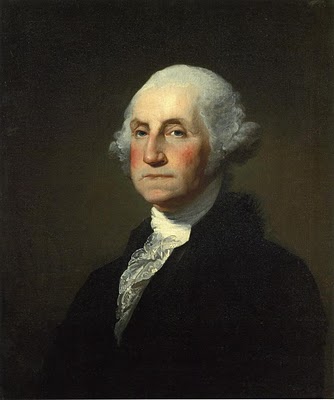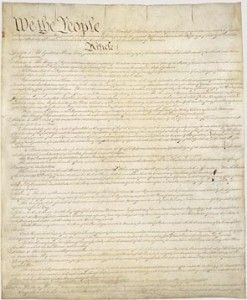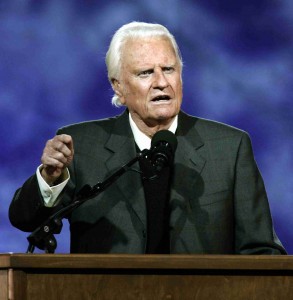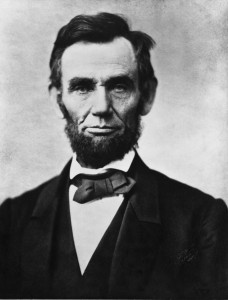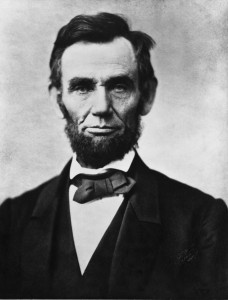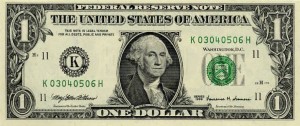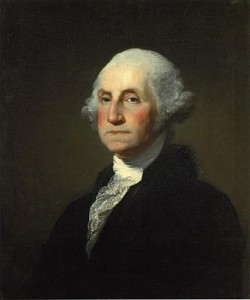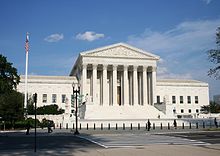 The most important decision issued by the U. S. Supreme Court this year was not its decision on President Obama’s healthcare legislation, important as that issue is for the future of America. The most significant ruling in my opinion was given in the Hosanna-Tabor case. This case was heard by the Court last October and the verdict given in January of this year (2012). I have a printed copy which can easily be found online.
The most important decision issued by the U. S. Supreme Court this year was not its decision on President Obama’s healthcare legislation, important as that issue is for the future of America. The most significant ruling in my opinion was given in the Hosanna-Tabor case. This case was heard by the Court last October and the verdict given in January of this year (2012). I have a printed copy which can easily be found online.
This case involved the dismissal of a called minister of a local Lutheran congregation. The issue started with some disability questions involving the minister and Christian school teacher. Eventually, the church had to give the position to another person in order for the ministry to be carried out. When the original minister wanted to come back and pursue the position again, the church refused — a course had been set. The minister challenged the decision to let someone else continue in the position. The church told the minister to follow the appeal procedures used within the Lutheran Church’s hierarchy to handle disputes. The minister refused and instead sued the Church. The Hosanna-Tabor congregation viewed this unwillingness to follow the procedures for handling disputes as insubordination and rescinded the call of this minister. The case went all the way to the Supreme Court.
